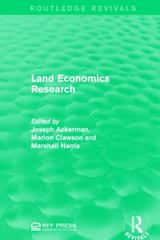Question
The Department of Justice (DOJ) is charged with overseeing mergers in the United States to determine if they are in the public interest. A merger
The Department of Justice (DOJ) is charged with overseeing mergers in the United States to determine if they are in the public interest. A merger is considered in the public interest if consumers' surplus does not fall as a result of the merger. The DOJ is currently deciding whether to allow the pending merger between AT&T and Sprint to proceed. The market demand for long-distance telephone service is given by Q = 28 - 2P + s, where Q is quantity demanded, P is price, and s is an index of service quality. The market served by these two long-distance carriers is currently competitive. In addition, both long distance carriers currently use the same technology for producing long-distance telephone service which is given by Q = K + 1/2L. AT&T CEO, Michael Armstrong, has told Wall Street analysts that the merger will result in efficiency gains. This implies that the production function for long-distance telephone service post-merger will be given by Q = x [K + 1/2L], where x > 1 is the productivity factor. Suppose that r = 10 and w = 5, and the pre-merger service quality index is s = 12.
QUESTION:Suppose that the long-distance market is a monopoly following the merger between AT&T and Sprint and that x = 5/4. Assume that s remains constant at 12. Should the DOJ allow this merger to proceed? Provide a careful economic analysis in support of your recommendation.
Step by Step Solution
There are 3 Steps involved in it
Step: 1

Get Instant Access to Expert-Tailored Solutions
See step-by-step solutions with expert insights and AI powered tools for academic success
Step: 2

Step: 3

Ace Your Homework with AI
Get the answers you need in no time with our AI-driven, step-by-step assistance
Get Started


